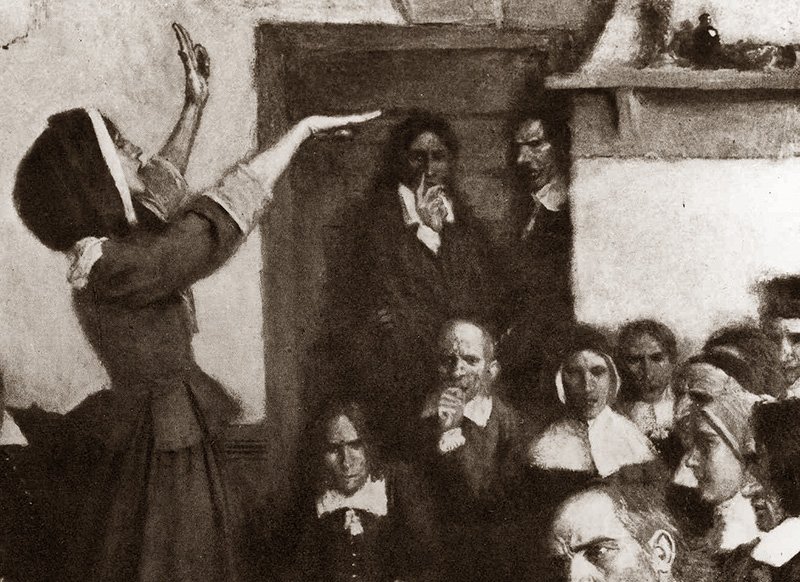Clash of Realms: How a Groundbreaking Opera Unveils the Explosive Intersection of Power, Faith, and Politics

American Jezebel: A Groundbreaking Opera Unveils Early American Religious Conflict
Composer James Kallembach brings a pivotal moment in colonial history to life through his compelling new opera, exploring the dramatic trial of Anne Hutchinson. This innovative musical work promises to shed light on one of the most significant religious and social conflicts in early American history.
On March 1st, Harvard's historic Sanders Theatre will host a semi-staged concert performance featuring the combined talents of Harvard-Radcliffe musicians and performers. The opera delves into Hutchinson's remarkable story, examining her bold challenge to Puritan religious orthodoxy and the subsequent consequences she faced.
Audiences can expect a powerful narrative that not only recounts historical events but also resonates with contemporary themes of religious freedom, gender dynamics, and individual resistance against institutional power. Kallembach's composition aims to bring this complex historical figure to vibrant, dramatic life through music and storytelling.

